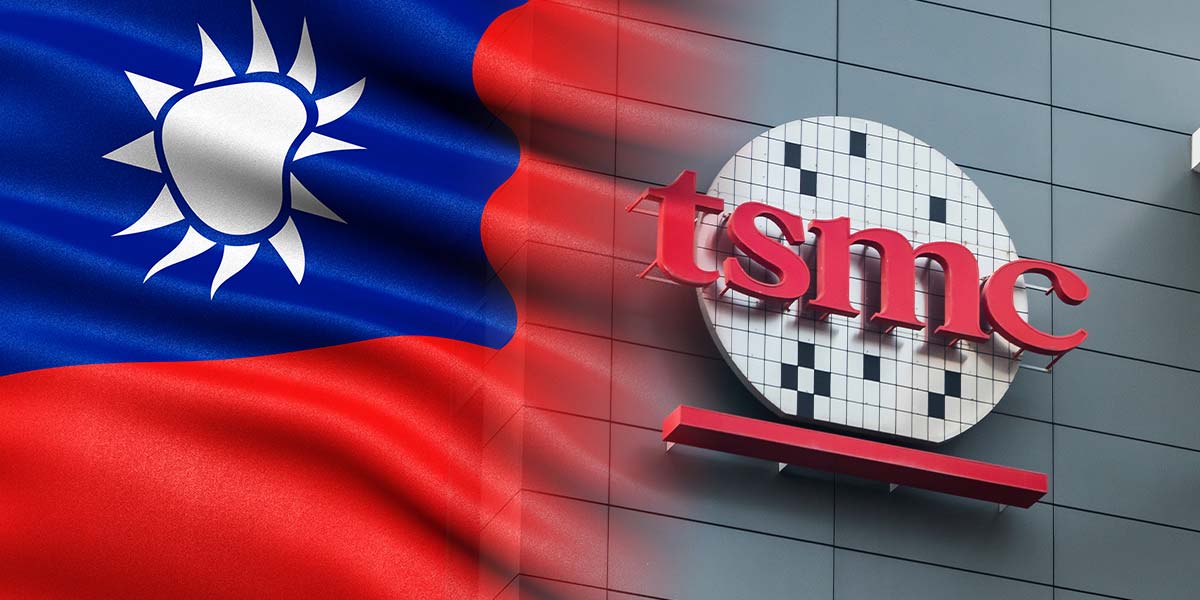As global semiconductor executives and officials convened in Taipei this week for the Semicon trade show, the world’s key chipmaking hub staked out a more assertive position: using its dominance in semiconductors as leverage in its diplomatic playbook.
Taiwan, anchored by the presence of TSMC—the world’s most valuable contract chipmaker—has long held sway over the global technology supply chain. But its political reach has been hobbled by China’s opposition, which has left most countries unwilling to extend formal diplomatic recognition to Taipei.
In a significant shift, Taiwan’s foreign ministry co-sponsored a geopolitical side event at Semicon for the first time this year. Foreign Minister Lin Chia-lung emphasized the critical importance of semiconductors and AI as “strategic resources.” Lin argued that forming partnerships with Taiwan is essential for democracies aiming to develop secure and reliable supply chains independent of China.
Taiwan, increasingly active in forming technological alliances with other democracies, has zeroed in on Central and Eastern Europe, where Russian aggression in Ukraine has strengthened sympathy for Taiwan’s own security concerns with China.
At a separate Semicon event attended by President Lai Ching-te, Czech Science Minister Marek Zenisek emphasized shared democratic values with Taiwan, arguing that these ideals are under growing pressure worldwide and underpin natural economic partnerships. The Czech Republic, keen to position itself as a supplier for TSMC’s inaugural European plant now under construction in Dresden, Germany, touted these commonalities as a foundation for deeper tech ties.
Semicon’s international flavor was more pronounced than ever, with 17 country pavilions, including participants from nations that have pivoted towards China diplomatically in recent years. Costa Rica, which severed ties with Taiwan in 2007, made its first-ever appearance.





